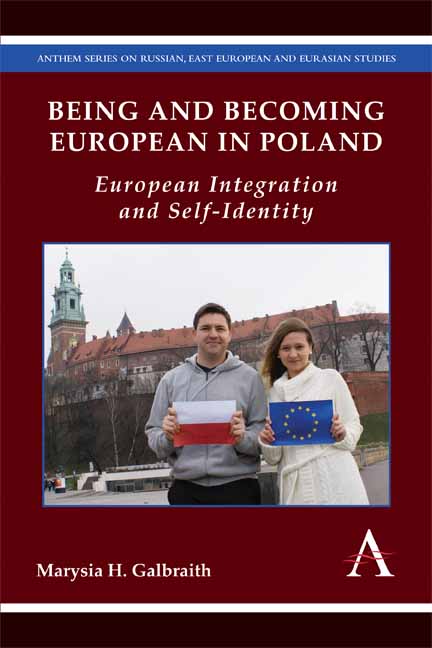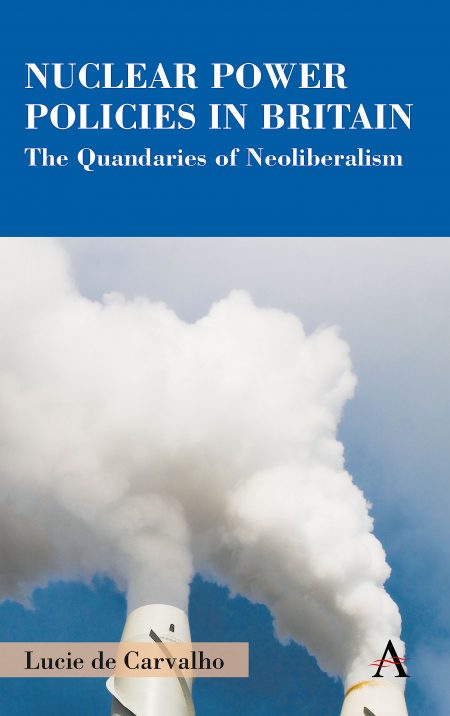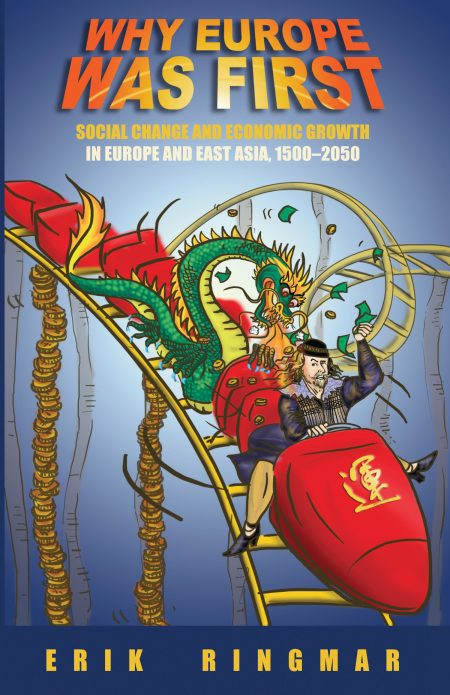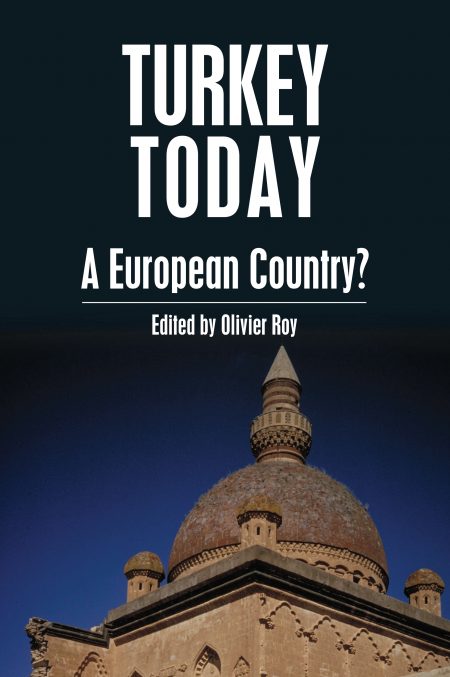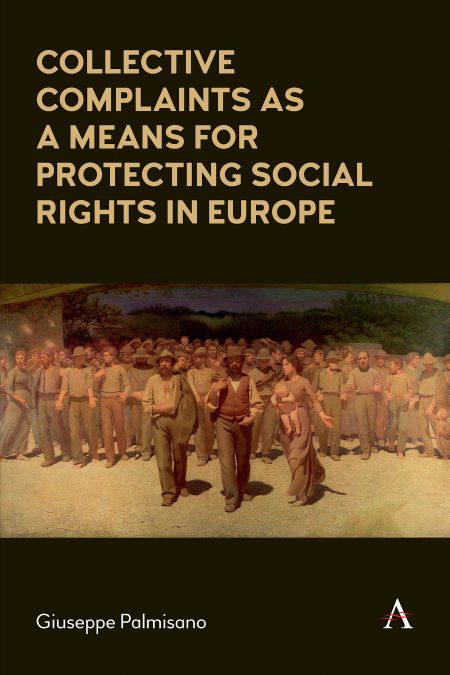Being and Becoming European in Poland
European Integration and Self-Identity
Marysia H. Galbraith
Select Format
Title Details
- ISBN: 9781783082308
- June 2014
- Pages: 250
- Imprint: Anthem Press
Overthrowing communism in 1989 and joining the European Union in 2004, the Polish people hold loyalties to region, country and now continent – even as the definition of what it means to be ‘European’ remains unclear. This book uses the life-story narratives of rural and urban southern Poles to reveal how ‘being European’ is considered a fundamental component of ‘being Polish’ while participants are simultaneously ‘becoming European’.
Close attention to the individual lives of Poles allows the author to identify cultural patterns and grasp the impact of the EU on its member states, paying particular attention to how the EU has affected the life experiences of Poles who came of age in the earliest years of the neoliberal and democratic transformations. In exploring what it means to be Polish by tracking these parallel processes of change, the author traces Poland’s path from state socialism to European integration and Polish identities as they are reinscribed, revised and reinvented in the face of historic, political and economic processes.
Ultimately, this study demonstrates how the EU is regarded as both an idea and an instrument, and how ordinary citizens make choices that influence the shape of European identity and the legitimacy of its institutions.
Marysia H. Galbraith is an associate professor at the University of Alabama’s New College and Department of Anthropology.
List of Figures and Tables; Acknowledgments; 1: Introduction: Being and Becoming European in Postcommunist Poland; 2: ‘We Have Always Been in Europe’: Deploying the Past to Shape the Present; 3: ‘Unbelievable! Poles Are Happy’: Looking Toward the Future; 4: ‘We’re European because We’re Polish’: Local, National and European Identities; 5: ‘EU Membership Gives Poland a Better Chance’: Perspectives on European Integration; 6: ‘Now We Can Travel Without a Passport’: Mobility in the European Union; 7: ‘This Region is Our Priority’: EU Subsidies and the Development of a Transnational Regional Community; 8: Conclusion: Coming of Age in Europe; Appendix: List of Participants; Notes; References; Index
Bronislaw Malinowski Social Science Award
“Galbraith’s innovative book is a must for anyone interested in postsocialist transformations. Through the author’s deep understanding of Poles’ cognitive categories, we see the EU as it is experienced in everyday life. Her insights will spark new debates in European studies.” —Jaro Stacul, University of Alberta
“A wise and interesting book based on a fresh field of evidence which highlights issues important to individuals as well as societies.” —Zofia Sokolewicz, Professor Emerita, Institute of Ethnology and Cultural Anthropology, University of Warsaw
Related products
-
Gothic Kernow: Cornwall as Strange Fiction
Ruth Heholt, Tanya Krzywinska
January, 2022
£24.95 / $24.95 -
Nuclear Power Policies in Britain
The Quandaries of Neoliberalism
Lucie de Carvalho
October, 2022
£125.00 / $125.00 -
The Christian Culture of Islamic Spain
Origins, Survival and Recovery
Roger Collins
March, 2025
£110.00 / $110.00 -
Why Europe Was First
Social Change and Economic Growth in Europe and East Asia 1500-2050
Erik Ringmar
March, 2007
£28.99 / $28.99 -
-
Collective Complaints As a Means for Protecting Social Rights in Europe
Giuseppe Palmisano
January, 2022
£24.95 / $24.95

